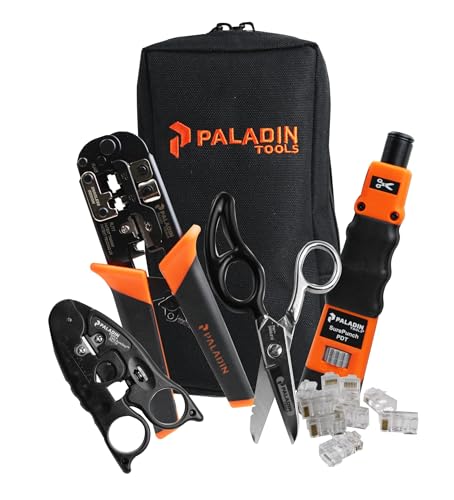graebz28
New member
For the past 9 years I have been doing HMI/PLC programming for Water, some as an intern. I just passed the FE after being out of school 5 years. Now I have to decide which PE exam to take.
I consider myself an expert in controls, but the Control Systems PE to the best of my knowledge does not get to stamp control drawings (P&IDs etc.) while an Electrical PE can.
Now to make it more complicated, there are three different Electrical test. Do all of the Electrical PEs bear the same weight? Will Control System PEs ever get to stamp drawings?
If I decide to go the Electrical route, I think that I would go with Computer Science since my experience relates most closely to this. For sure, I would not take the Power and the Electrical devices seems intimidating this far from graduation.
I would prefer to do Controls. I talked with someone at work who took it and he mentioned that it was a good learning experience and helped deepen his breadth of the controls world. I hesitate with Controls if it would weaken my resume vs. EE.
I considered obtaining both, but that means twice the $, studying and continuing education credits that I would need.
Any suggestions are greatly appreciated.
Mike
I consider myself an expert in controls, but the Control Systems PE to the best of my knowledge does not get to stamp control drawings (P&IDs etc.) while an Electrical PE can.
Now to make it more complicated, there are three different Electrical test. Do all of the Electrical PEs bear the same weight? Will Control System PEs ever get to stamp drawings?
If I decide to go the Electrical route, I think that I would go with Computer Science since my experience relates most closely to this. For sure, I would not take the Power and the Electrical devices seems intimidating this far from graduation.
I would prefer to do Controls. I talked with someone at work who took it and he mentioned that it was a good learning experience and helped deepen his breadth of the controls world. I hesitate with Controls if it would weaken my resume vs. EE.
I considered obtaining both, but that means twice the $, studying and continuing education credits that I would need.
Any suggestions are greatly appreciated.
Mike
Last edited by a moderator:





















